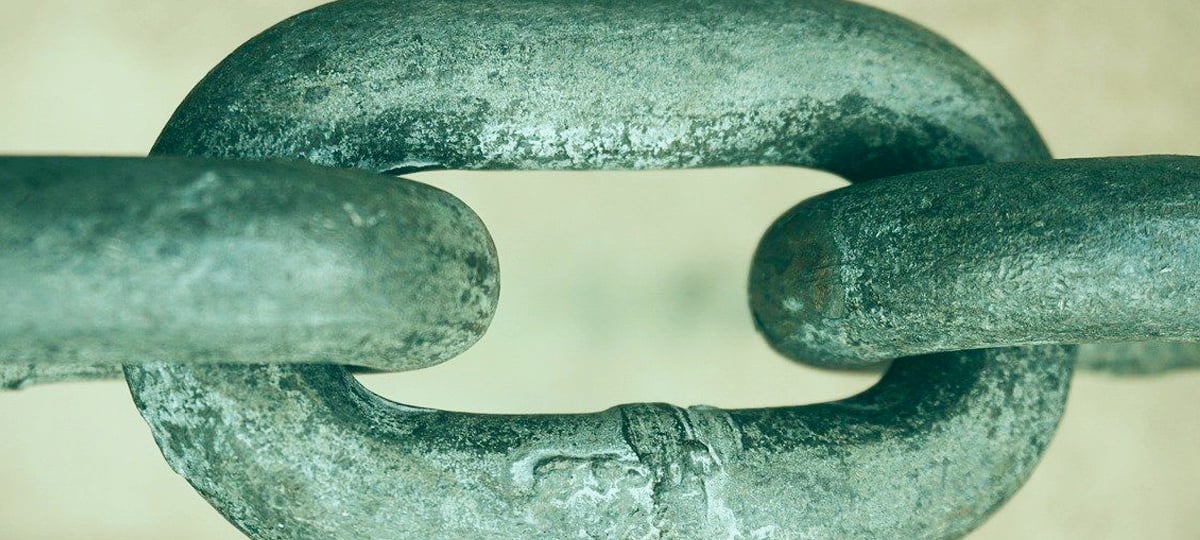
Why do you do what you do? It's an important question, but a difficult one too, which is why so many people only have superficial answers to it. That's a problem, because if you don't know why you're doing something, it's easy to feel as if you're wasting your time on meaningless endeavors.
We all want to feel as if we're doing something meaningful, something that matters. But that's the wrong way to look at meaning. You can't expect to have meaning come to you from the outside. You need to look within yourself.
To deliberately create a sense of meaning that comes from within, you need to ask yourself the following four questions:
- What is the impact of my work?
- How do I work?
- Who do I work with?
- Why do I work?
What Is the Impact of My Work?
For developers, your impact starts with the software you create. Put yourself in the shoes of your users and ask yourself:
- Who will benefit from this application?
- How can I use my skills to make a difference in their lives?
By taking the user's perspective, your work is no longer just about lines of code. It’s about making a powerful impact on people's lives. Remember that every line of code does something, so take pride in your contributions and know that you are working toward making a difference with each commit.
If you are dissatisfied with the impact of your project, consider looking for other opportunities or starting your own project that aligns with the change you want to see in the world.
How Do I Work?
A large part of finding meaning in your work requires investigating how you work. Are you pushing yourself to become a better engineer or are you simply plugging away at the same tasks day after day?
The key lies in finding the flow state, a term coined by Hungarian-American Psychologist Mihály Csíkszentmihályi in 1975. Flow describes the state of mind when you're entirely immersed in an activity. It results in a distorted sense of time and the abolishment of the ego. To simplify, flow can be described as hyperfocus or being "in the zone."

You can practice flow by always trying to one-up yourself. The key here is finding challenges that capture your focus and engage you mentally. If your work is routine and monotonous, create new challenges for yourself that improve your output incrementally for each and every iteration. When working in the flow state, you can tap into your intrinsic motivation and build a satisfying relationship with the process, rather than merely being motivated by the output.
Another way to achieve flow is by actively redesigning aspects of your job to make it more enjoyable and meaningful. This could include:
- taking on extra responsibilities
- collaborating with other engineers
- learning new technologies
By customizing your role to suit your goals, skills, and values, your job will quickly feel more engaging and rewarding.
Who Do I Work With?
The people we work with can also help us find purpose in our work. Dr. Martin Seligman is a leading psychologist and pioneer in the field of positive psychology, also called the science of human flourishing. He designed the PERMA model, which states that five elements are necessary for flourishing:
- Positive emotion
- Engagement
- Relationships
- Meaning
- Accomplishment
In this model, relationships are one of the five key pillars of happiness. While each pillar is vital for a well-balanced life, research shows that strong relationships appear to have the greatest impact on happiness.
Creating strong bonds with your colleagues can help you stay motivated and productive, allowing you to reach your full potential. It also helps build trust and collaboration in the workplace, promoting a more inclusive environment.
So take the time to find colleagues who share similar goals and values. Start by connecting with your team on a personal level to understand their motivations and goals. In doing so, the team can better devise a plan to accomplish each member's individual goals together. These connections will help bring meaning to your job and open up possibilities for collaboration.
Why Do I Work?
People rarely work just for personal gain. Many times, people's extrinsic motivations stem from the desire to make an impact on the lives of others. Whether that's caring for loved ones, donating to charity, or supporting small businesses, any contribution of time and energy fueled by the desire to help others is a meaningful act of service.
Identifying the individuals and communities that motivate you to keep working can reshape how you view work. Instead of considering your job as something you have to do to make ends meet, look at it as a twofold opportunity to improve your skillset as well as the lives of the people you care most about.
With this mindset, every task becomes a possibility to make a change and work will begin to feel more meaningful. Finding purpose in your work starts with understanding why you're doing it in the first place. Are you working solely for financial gain or do you have something deeper driving you?
Conclusion
Finding meaning in your work is a conscious effort and a lifelong practice. As we progress through our professional and personal lives, circumstances and motivations can change, opening up a world of possibilities. Continuously identifying your goals and values will help create perpetual meaning in your work and help you to Keep Moving Forward.
Further reading
TABLE OF CONTENTS



